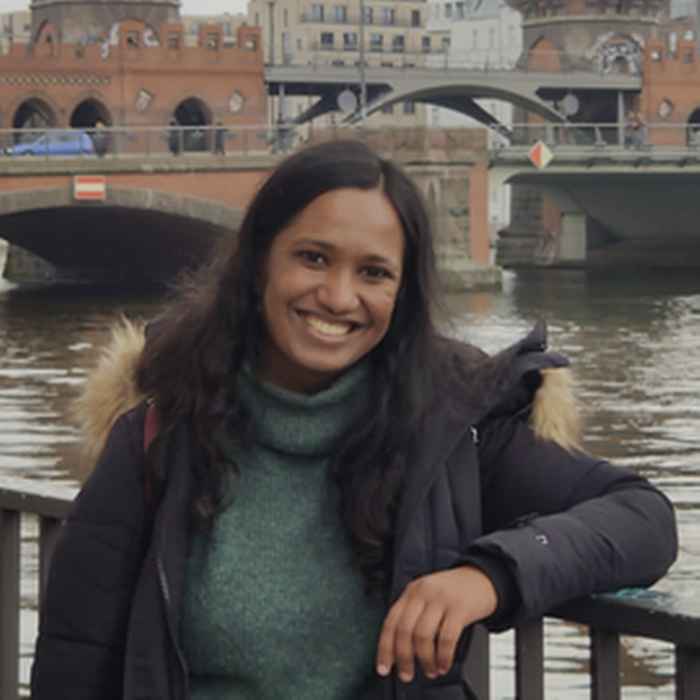Veni grant for Divya Ravi
25 August 2025

Secure Multi-Party Computation (MPC) enables multiple parties to jointly compute a function over their private inputs without revealing those inputs. Despite its great potential, the use of MPC protocols has been limited because in most practical protocols, it is possible for cheating participants to disrupt the computation without any consequences. This discourages honest participation, making cheater identification crucial. Ravi's project will build practically efficient MPC protocols with cheater identification through two main approaches: first, by exploring alternative, cost-effective yet realistic notions of identifiability; and second, by refining the attack model in a way that captures real-world threats, but is not unnecessarily strong.
VENI grant
The Dutch Science Council (NWO) has awarded Veni grants to 28 promising UvA and Amsterdam UMC researchers. The funding will enable the laureates to further develop their research ideas over the next three years. The Veni is an individual research grant that is part of the NWO Talent Programme.
The grant is an incentive for adventurous, talented and groundbreaking academics to further develop their own research ideas over the coming years. NWO has awarded a total of 200 research projects in this round of funding.